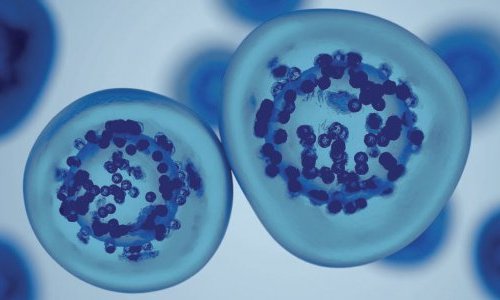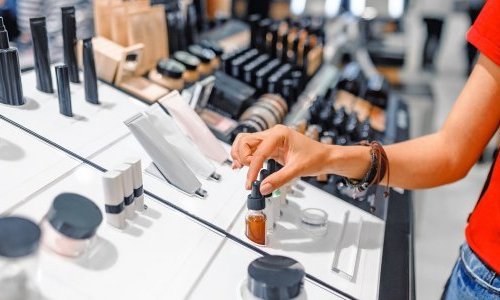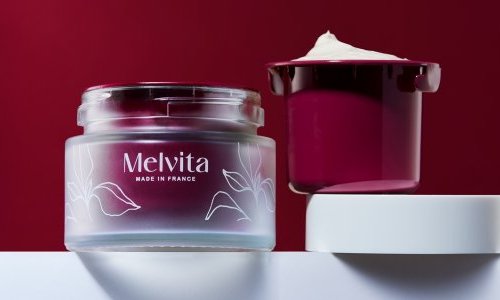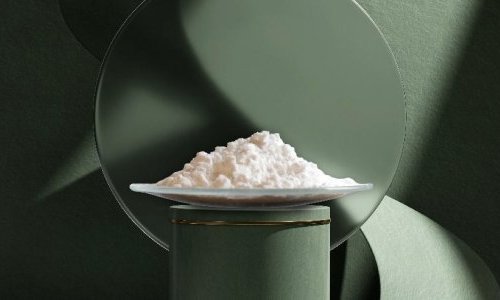
Pr. Gilles Comte, Centre for Studies on Natural Substances
Premium Beauty News - On the occasion of your keynote speech during the last edition of the European Days of Dermocosmetology organized by CED, you put forward the concept of chemical ecology for botanicals.
Pr. Gilles Comte - Actually, a plant cannot be isolated from his environment. The time has gone when botanists we’re collecting plants and analysing them outside their biological environment. At the Centre for Studies on Natural Substances, we are investigating the interactions within the whole ecosystem and especially interactions between plants and bacteria. Many types of bacteria are associated with plants and benefit from this association to get carbon and other nutrients. On the plant’s side, the response varies according to each microbial source. While bacteria adapt very quickly to the physiological changes of the plant, the response from plants is slightly longer. There is a kind of chemical war between living organisms, based on weapons that are interaction mediators. Certain aspects are positive, allowing, for example, the selection of partners. Other interactions lead to the production of anti-bacterial, of anti-fungal substances by the plant to ensure its own protection and survival. Botanicals have native protections but the environment where they grow modifies them. We must keep in mind that plants unlike animals cannot run out from specific environmental conditions such as sun exposure, the presence of bacteria, humidity, etc.
Premium Beauty News - What kind of analytical tools do you use to identify the interaction mediators?
Pr. Gilles Comte - Several thousands of metabolites can be identified in animals while there are several hundreds of thousands metabolites in botanicals. An interdisciplinary approach is required to study of the interactions between living organisms and the chemical mediators of these interactions. The method combines chemistry, biochemistry, many areas of biology and genomics, in particular metabolomics. The aim is to identify the organs, tissues and even the cells that produce or receive chemical signals. We also follow how mediators evolve depending on conditions related to the environment.
Premium Beauty News - What are the main applications of your research?
Pr. Gilles Comte - Many sectors can be impacted by our researches since botanicals are widely used for food, as well as by the pharmaceuticals and cosmetics industries. Our researches also impact environmental studies. We are used to form partnerships with private companies. For example, a few years ago, we conducted a research on the rose and its varied chemical background to determine the best farming, harvesting, drying and processing parameters to obtain a the least variable product possible. As far as farming is concerned food, a lot of work focuses on food crops (corn, wheat, herbs). From an ecological point of view, we can respond to observations such as the fact that some plants are pollinated by insects while others, which are similar in appearance, are not. We can also explain how some plant species can limit the development of others by using interaction mediators that will limit germination or development. In the latter case, it is easy to figure out what are the potential applications in terms of bio- pesticides at a time when most chemical pesticides are being banned.




























